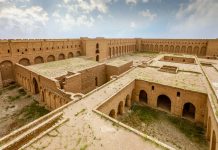Augustus (Octavian) (27 BC – 14 AD)
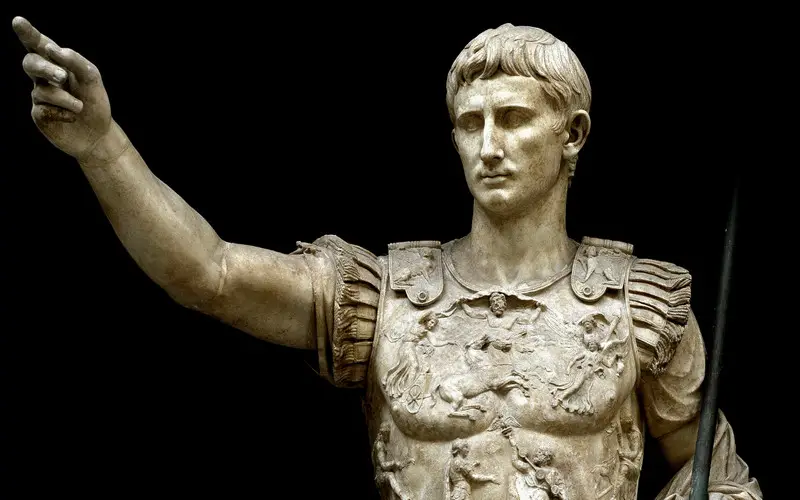
Augustus, the first Emperor of Rome, heralded the Pax Romana, a period of relative peace and stability that lasted for two centuries. His rule marked the end of the Roman Republic and the beginning of the Roman Empire. Augustus expanded the empire’s borders, implemented administrative reforms, and fostered a period of cultural and architectural flourishing, earning him the title of Rome’s founding father.
Trajan (98 – 117 AD)
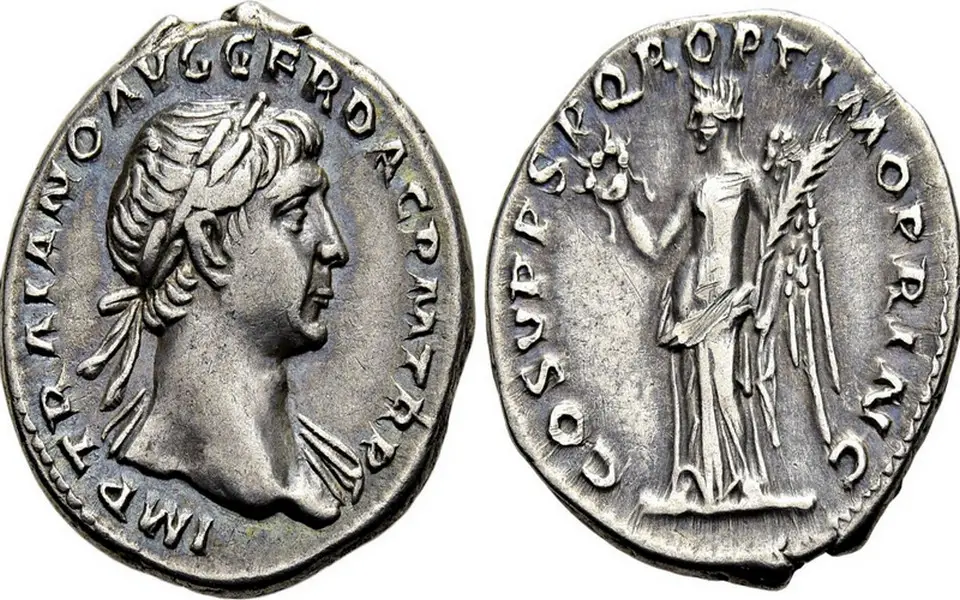
Trajan, remembered as one of Rome’s finest military leaders, expanded the empire to its greatest territorial extent. Under his rule, Rome reached its zenith, stretching from Britain to Mesopotamia. He initiated public works projects, constructed the famous Trajan’s Forum and Trajan’s Column in Rome, and was renowned for his generosity towards the people.
Hadrian (117 – 138 AD)
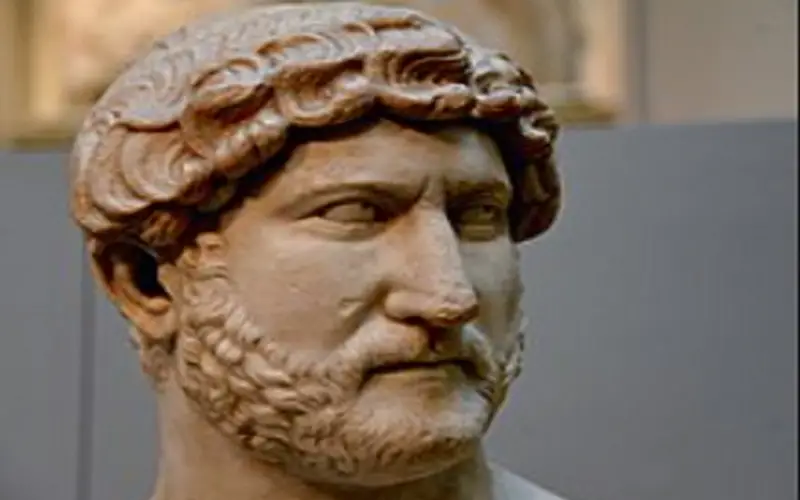
Known for his interest in architecture and culture, Hadrian left a significant legacy through his extensive travels across the empire. He built the famous Hadrian’s Wall in Britain and oversaw the construction of the Pantheon in Rome, a masterpiece of ancient architecture. Hadrian was also known for his administrative reforms and emphasis on cultural development.
Marcus Aurelius (161 – 180 AD)
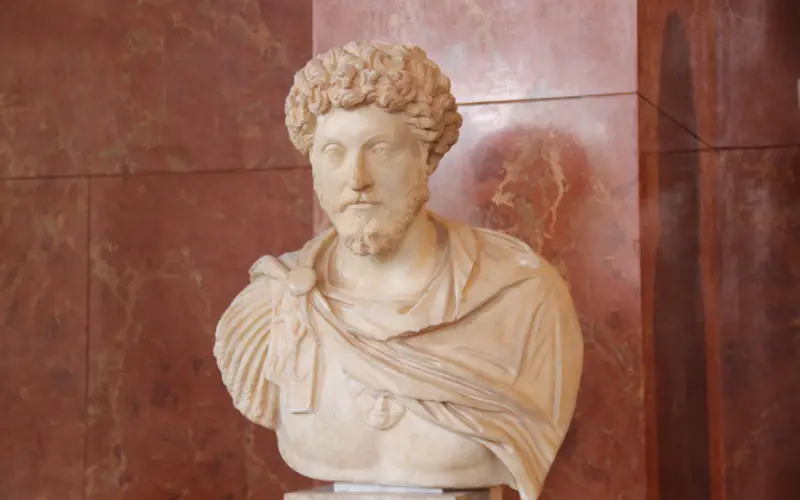
Famed as a philosopher-emperor, Marcus Aurelius is remembered for his Stoic principles and his book “Meditations,” reflecting his philosophical musings on ethics and self-discipline. He faced challenges during his reign, including defending the empire against external threats, yet he governed with wisdom, promoting justice, and advocating for the well-being of his subjects.
Julius Caesar (49 – 44 BC)
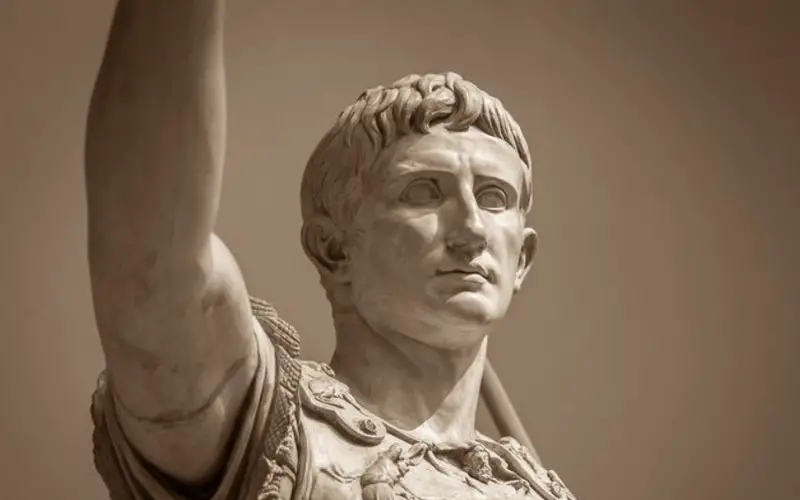
While not an emperor, Julius Caesar played a pivotal role in the transformation of Rome’s political landscape. As a military general, he expanded Rome’s territories and implemented significant reforms. His assassination in 44 BC marked the end of the Roman Republic and paved the way for the rise of the Roman Empire.
Vespasian (69 – 79 AD)
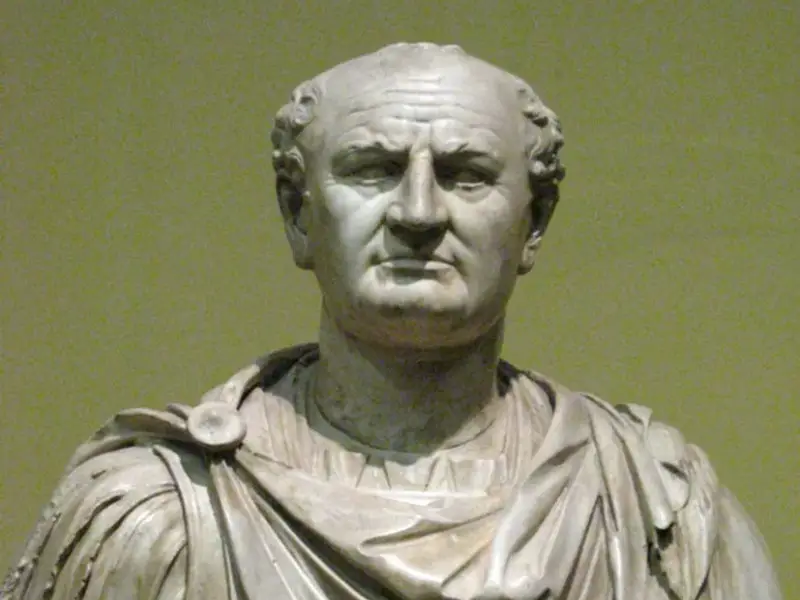
Vespasian restored stability to Rome after a period of civil war following Nero’s demise. He initiated numerous construction projects, including the construction of the iconic Colosseum, and implemented financial reforms to stabilize the empire’s economy. Vespasian’s reign marked the beginning of the Flavian dynasty.
Diocletian (284 – 305 AD)
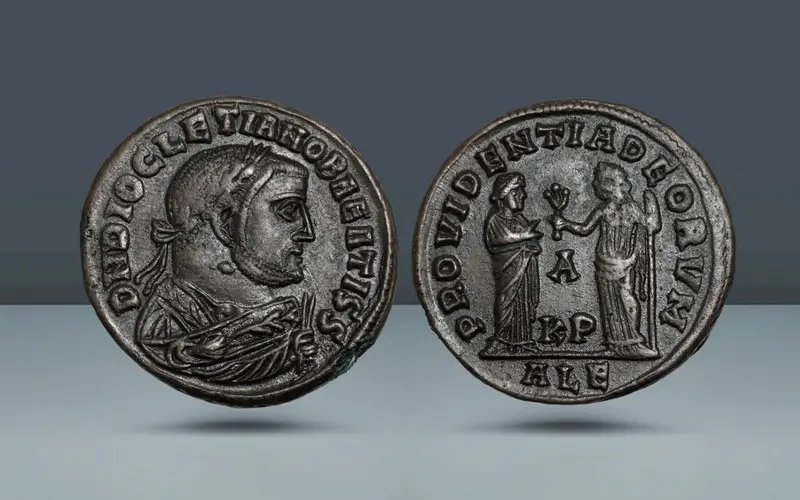
Diocletian’s rule brought about critical administrative reforms to manage the vast empire effectively. He divided the empire into eastern and western halves and introduced the Tetrarchy, a system of rule by four emperors, aiming to ensure better governance and stability. Diocletian’s efforts aimed to counter the empire’s crises and provided a model for future administrative structures.






